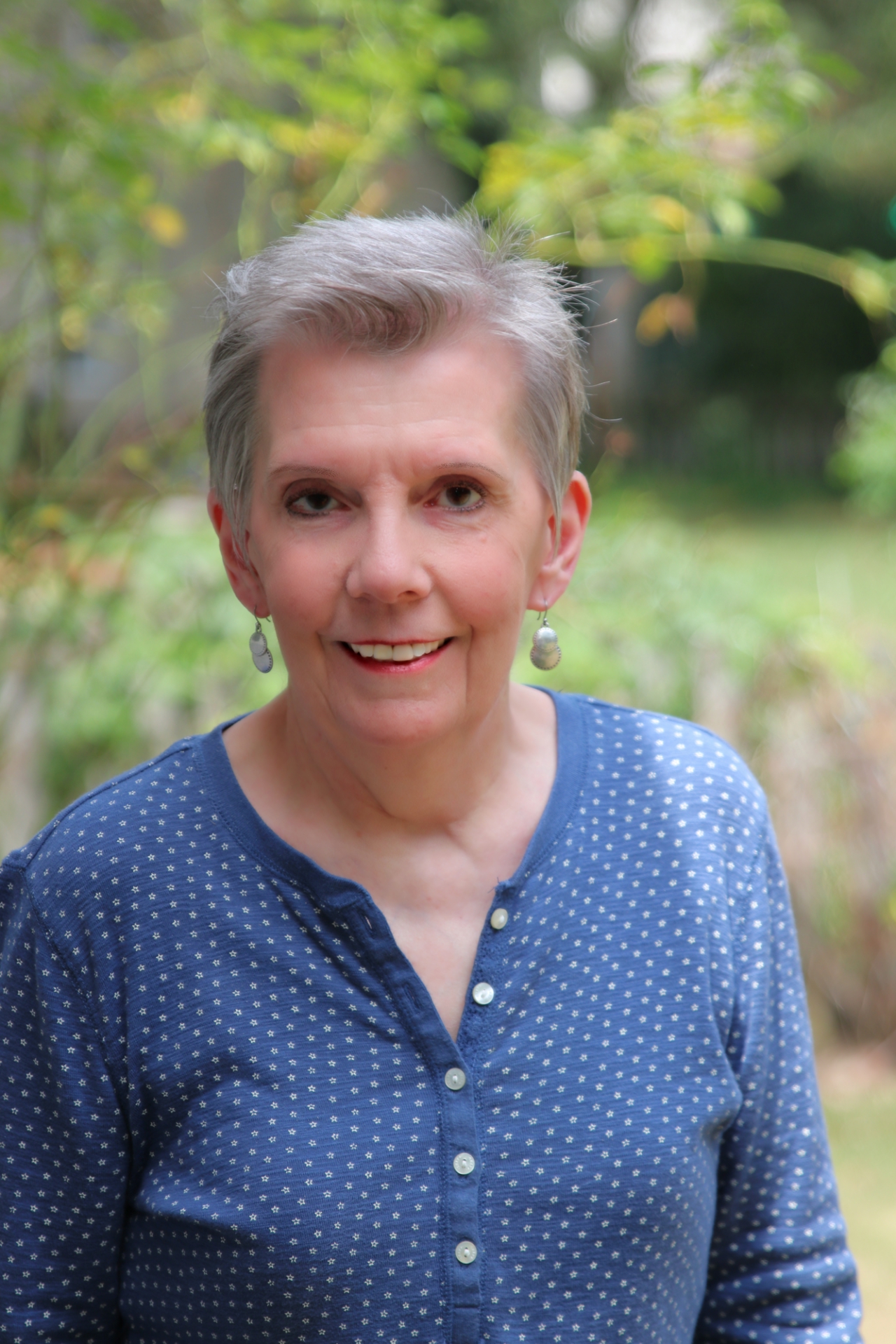Hopefully, most of you reading this have never personally experienced the destruction and devastation of an earthquake as it erupts beneath your feet. If you have, you are more than aware that when the Teutonic plates begin to shift, the outcome has the potential to change lives forever.
Similar to those physical manifestations in the environment, my sense is we have experienced [and will continue to for some time to come] the consequences of what can only be described as a cultural, leadership, and governance earthquake.
As a result, the deeply disturbing shift in behavior and attitudes we live with these days are more than enough to make anyone feel uneasy. Pandemic, political unrest, and disruption of social norms aside, we wonder, what is going to happen next? Will I be safe? Will my family and friends be okay? Will I have a job tomorrow? Will there be a decent neighborhood for my child to grow up in?
Stop. Right. There.
I say that because I know only too well what it means to fall down the rabbit hole of fear and uncertainty. It’s like being in a dark and scary echo chamber where a myriad of awful questions bounce off the walls and ricochet against one’s very being.
All of us struggle with doubt and uncertainty in ways particular to our nature, our upbringing, our support system [or lack thereof]. Whether we want to admit it or not, this “condition” if you will, can be an all too familiar companion to anyone, Christian or not.
Given the fact we cannot control an earthquake of any description, we do have options. We don’t have to succumb to a meltdown, intellectually or emotionally.
A good place to begin is to simply do our best to be part of the solution, right where we live, among the people and circumstances we encounter in everyday life. I have found great solace in the following:
- Prayer is powerful. To pray with a heart of humility and trust that God is working all things to good seems an oversimplification. And yet, for those who are familiar with the Scriptures, there are dozens of examples of God hearing the plea of the suffering, the fearful, the wounded of spirit. If we open ourselves to His direction, we can rest in the assurance he has our best interests at heart.
- Let go of the need to be right. This doesn’t mean we give up our beliefs or allow ourselves to be abused by those who ideas or opinions are different than ours. What it does mean is we make the choice to commit to intentional listening. And we do so without judgment of the other person, or ourselves, for that matter. Easy? Not even close. Yet when we decide to listen in this manner, we often discover there’s a lot we don’t know about the person we initially wanted to brush off or avoid, for whatever reason.
- It’s not about black or white. And I’m not talking about the color of our skin. Here’s the reality—you and I both carry within us the potential for good as well as evil. Yes, evil exits in this world. Nonetheless, what happens when we try to measure another person’s capacity for either with our yardstick? Sadly, we often end up overlooking the face staring back at us in the mirror and our own culpability. How many of us who view ourselves as decent human beings have made choices we later regretted for their hurtful consequences?
There’s no doubt we are in a mess as a nation. Nevertheless, what if we choose to believe the seismic shift we find ourselves in could lead us to a better way of life? Maybe the question we need to ask ourselves is this: do I really believe, “In God We Trust?”
In the meantime, my prayer is we won’t acquiesce to the hopelessness or violence that create further pain and suffering as we persevere to do our part to help build a stronger, more merciful and compassionate country.
Have I ever experienced an earthquake of any description?
Did I feel overwhelmed or confused by the turn of events?
What would it take for me to truly believe, “In God I trust?”







